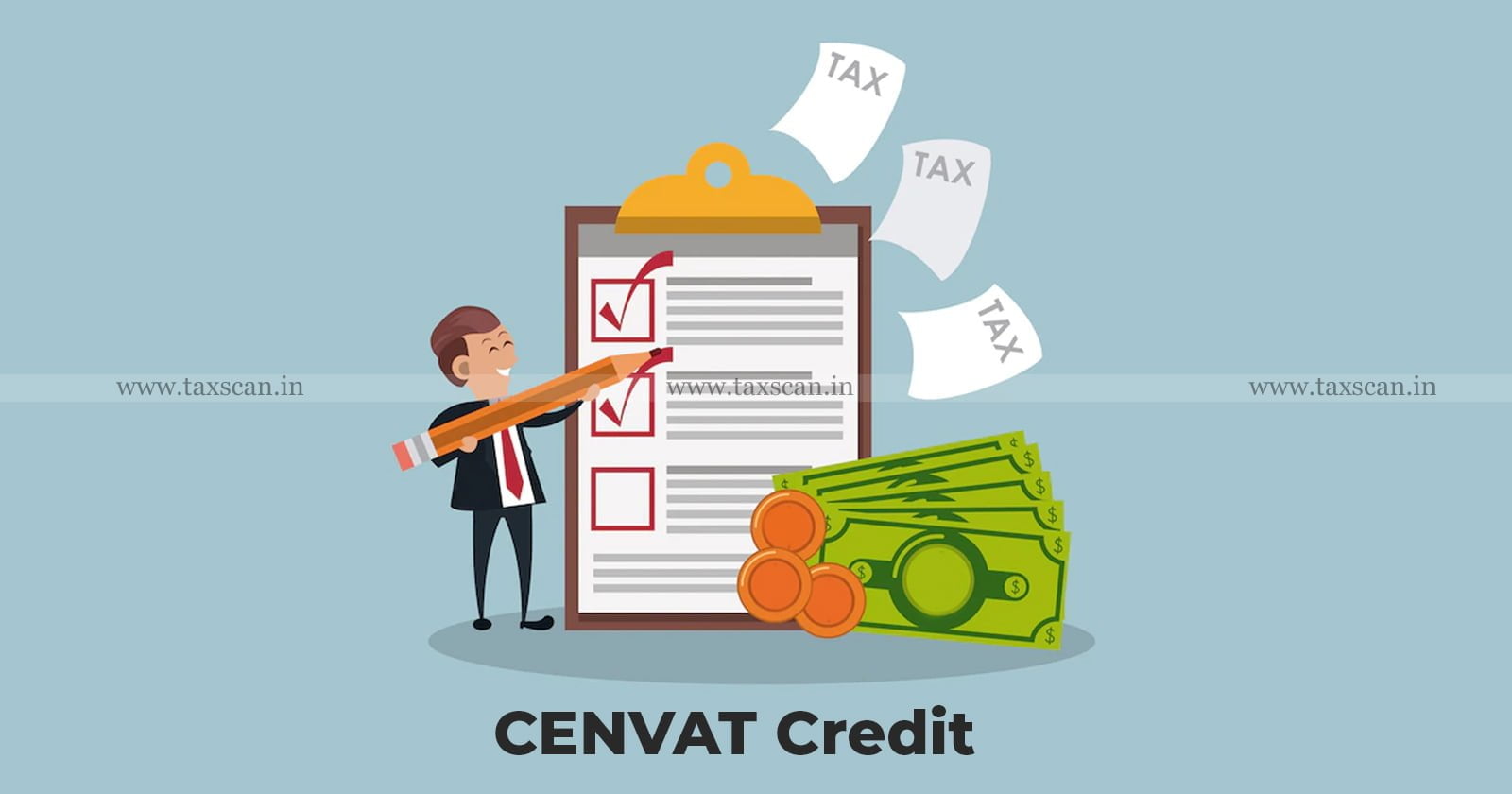CESTAT prohibit re-determining value of CDs imported by HP India without rejecting transaction value Customs Valuation Rules [Read Order]
Unless the relevant officer rejects the transaction value under Rule 12, the valuation must be based on the transaction value as per Rule 3 with any necessary adjustments made in line with Rule 10.
![CESTAT prohibit re-determining value of CDs imported by HP India without rejecting transaction value Customs Valuation Rules [Read Order] CESTAT prohibit re-determining value of CDs imported by HP India without rejecting transaction value Customs Valuation Rules [Read Order]](https://images.taxscan.in/h-upload/2025/06/15/2044767-cestat-re-determining-value-cds-imported-hp-india-transaction-value-customs-valuation-rules-taxscan.webp)
The Customs, Excise, and Service Tax Appellate Tribunal (CESTAT) Bench in New Delhi has ruled that the re-determination value of the CDs that HP India imported is illegal without rejecting the transaction value in accordance with Rule 12 of the Customs Valuation Rules of 2007.
The Microsoft OS and additional drivers were included on QR CDs that HP India, the assessee, imported from Mentor of Singapore. It stated that the amount it had paid Mentor for the blank CD and the software copying was less than $1 USD per CD.
In the Revenue situation, the CD's worth differs from that of a blank CD plus a small amount for the cost of duplicating the software, which should also cover the cost of the software it includes. In the instance of HP India, the company disclosed the amount it paid Mentor for the deal. As part of Mentor's sale agreement, it did not pay Microsoft USA or anyone else more for the CD.
The assessee argued that, in accordance with HP's licensing agreement with Microsoft, the royalty amount applicable to the operating system that is pre-installed in the computer system cannot be added to the value of the QR CDs. The transaction value was rejected in the contested order, and the value was recalculated in accordance with Rules 8 and 9 of the Customs (Determination of Value of Imported Goods) Rules, 1988 and 2007, respectively.
Since a penalty under can only be imposed on an individual for any fault committed in his or her own capacity, the revenue claimed that the Commissioner had not imposed any penalty on HP India. Nothing in the section implies that it can only be applied to specific people. The Commissioner did not identify any authority to support the claim that section 114AA is the exclusive way to impose penalties on persons.
 Also Read:CENVAT Credit Allowed on Dealer-Issued Invoices: CESTAT Clarifies Importer Registration Not Mandatory [Read Order]
Also Read:CENVAT Credit Allowed on Dealer-Issued Invoices: CESTAT Clarifies Importer Registration Not Mandatory [Read Order]
The two member bench of Dilip Gupta (President) and P.V. Subba Rao (Technical Member) has observed that “the responsibility of the importer is confined to truthfully declaring the transaction value in the Bill of Entry. If the transaction value is not indicated correctly, the goods will be liable for confiscation under section 111(m) and NOT if the value declared in the Bill of Entry do not match with some value determined later by the proper officer during re-assessment or in any investigation or adjudication proceedings.”
Unless the relevant officer rejects the transaction value under Rule 12, the valuation must be based on the transaction value as per Rule 3 with any necessary adjustments made in line with Rule 10.
Rule 12 of the Customs Valuation Rules of 2007 states that the Customs department may decide to reject the importer's declared transaction value if there is a reasonable question about it. According to the Tribunal, the transaction value was not rejected under Rule 12 of the 2007 Rules and Rule 10A of the 1988 Rules, hence the re-determination of the value of the CDs imported by HP India cannot be upheld.
According to the bench, the importer's only responsibility in the Bill of Entry is to declare the value that it knows; it is not required to predict whether the appropriate officer or other adjudicating authority will reject the transaction value, if so, what value that officer would find correct, and to file the Bills of Entry in accordance with that determination. The importer is not required to accomplish the impossible under Section 111(m) of the Act. Therefore, even if the re-estimation of value was accurate, the confiscation of the commodities under section 111(m) of the Act cannot be upheld in this instance.
The Tribunal allowed the appeal and set aside the impugned order.
Support our journalism by subscribing to Taxscan premium. Follow us on Telegram for quick updates


